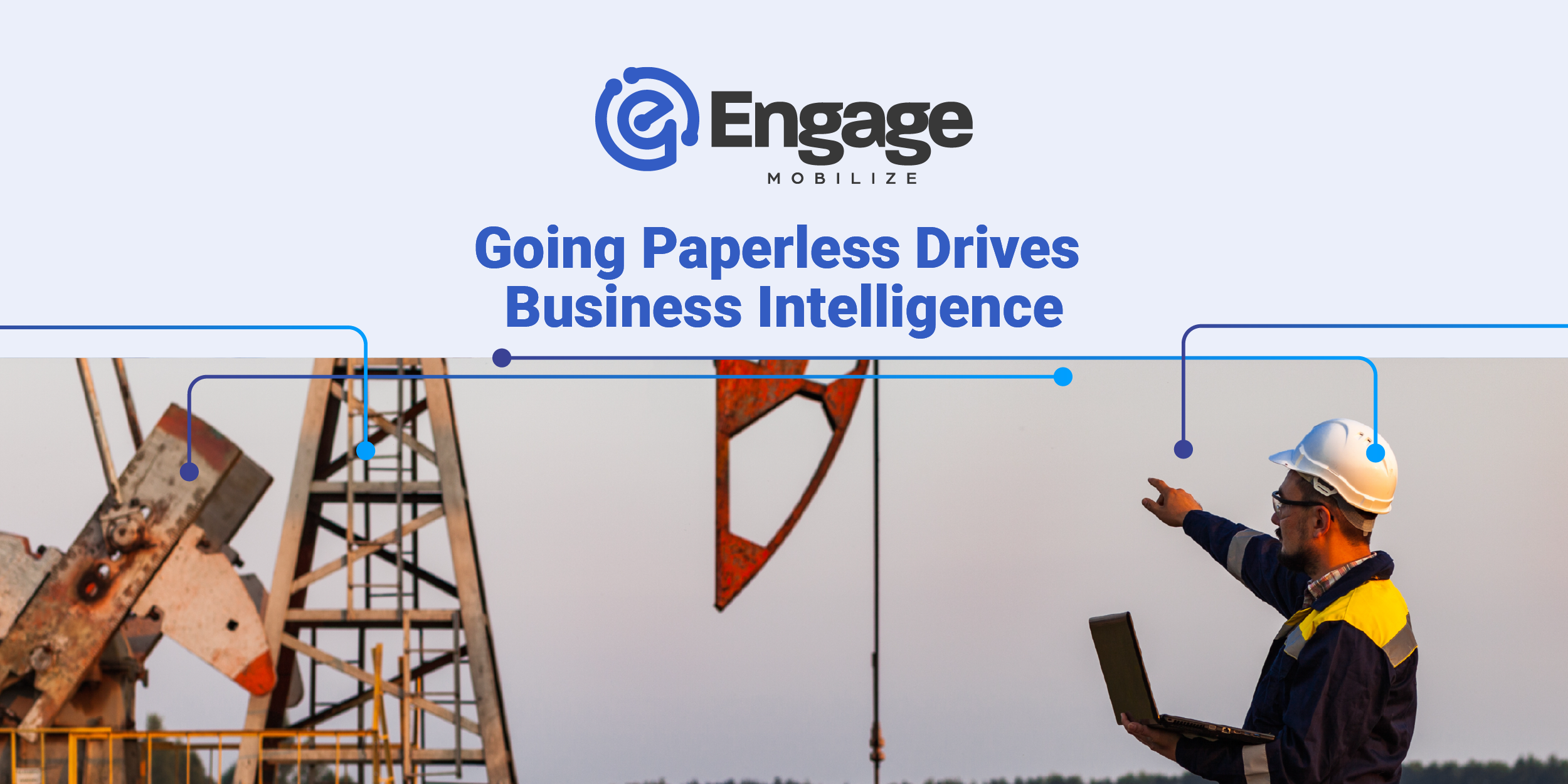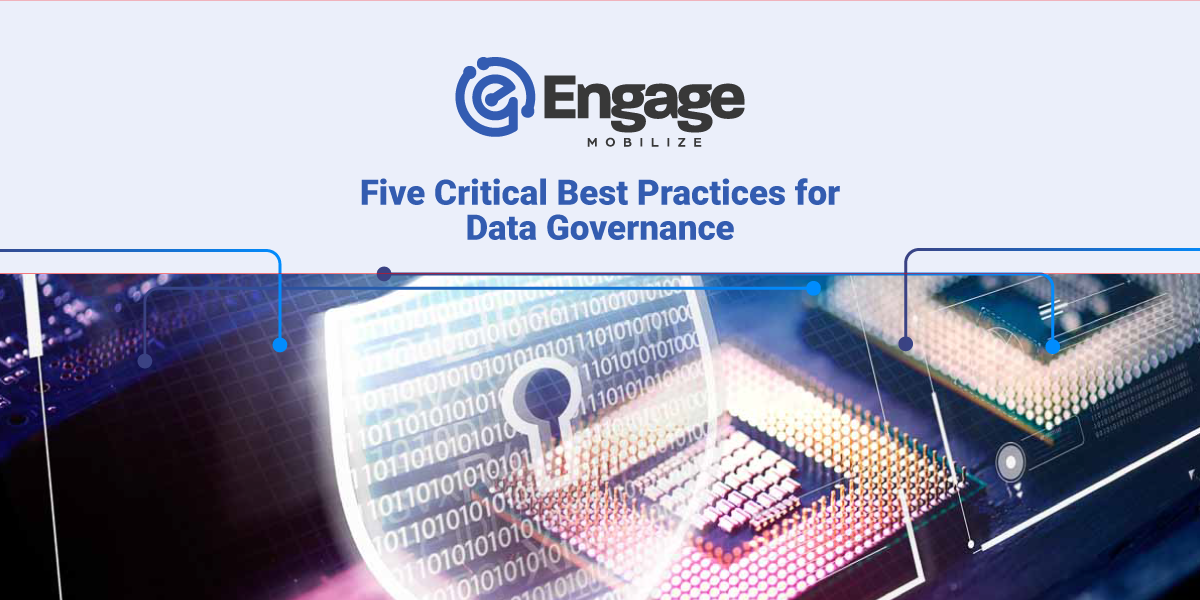
Adopting digital technologies like electronic or E-Ticketing and E-Invoicing can make your operations more efficient by reducing errors, streamlining workflows, and improving visibility from work to payment.
But, if you think that all digitalization can do is reduce paperwork and improve efficiency, you’re overlooking one of the most valuable benefits, the ability to capture and measure Business Intelligence (BI).
The Role of Business Intelligence (BI) in Industry 4.0
Simply put, business intelligence is an umbrella term that covers all of the ways that companies gather and leverage data.
It’s an essential component of Industry 4.0, which relates to the digitalization of manufacturing and production facilities through:
- Automation
- Interconnectivity
- Machine learning
- “Big Data” analytics
When properly understood and deployed, BI is a rich source of information that forms the basis for every business decision you make. But that data has no value unless it’s accurate, parsed, and presented in a way that makes sense.
Automated platforms solve these issues by:
- Capturing information at the source
- Validating it for accuracy and authenticity
- Checking it for redundancy
- Presenting it in a usable form
- Making it available to stakeholders from a centralized database
Why Data Matters
Next to your human resources, what’s your company’s biggest asset? Is it the number of wells you own? Your pipelines? Your reach?
Arguably, none of those other assets would exist without the most valuable tool at your disposal: information.
Data is not only a marketable commodity but also influences every facet of business operations.
The information contained in one customized invoice provides you with insightful intelligence regarding customer preferences, payment terms, history, the cost of goods purchased, and services rendered.
It can even serve as a legal record that describes your interaction with a client or vendor by date, time, and terms. As part of an overall picture, you can use this information to form a historical record of interactions with individual clients or identify trends over specified blocks of time.
With electronic invoicing, data captured in real-time at the point of a transaction automatically transmits the details of that transaction to the accounting department, inventory management, and other relevant stakeholders.
Invoices tell your accountant when your bills are due or paid, inform production and inventory control about stock or product levels, and allow you to scale or schedule projects. The improved communications and efficiency also cut operational costs and reduce waste.
For example, field data captured via automated workflows improves the visibility, accuracy, and timeliness of project execution in well abandonment projects, reducing the overall cost.
Electronic invoicing helps you to stay competitive by leveraging data to identify trends and analyze customer preferences.
It provides information you need for:
- Record maintenance
- Taxes and compliance
- Payment tracking
- Legal protection
- Business analytics
Armed with detailed analysis, you can better predict future needs and scale as indicated. You’ll also gain information that impacts everything from maintenance and output to supply chain management.
In short, insightful data analysis takes the guesswork out of running a large, complex industrial enterprise.
Data-driven decisions are the foundation of every profitable company. When you’re ready to change how your company handles financial transactions, Engage Mobilize has a secure solution that fits the needs of industrial enterprises like yours. From electronic invoicing to fully integrated product suites, our mission is to drive innovation and sustainability in the energy sector.
Arranging a consultation is as easy as calling (720) 575-6695. You can also drop us an email at Sales@engage-m.com or book an appointment online.
Are you ready to learn more?
We’re ready to talk to you about the specific cost savings, workflow efficiencies and data insights that come from taking your field operations digital.
Share this
Similar Stories

Going Paperless Drives Business Intelligence

Common Pitfalls of Implementing E-Ticketing Software

